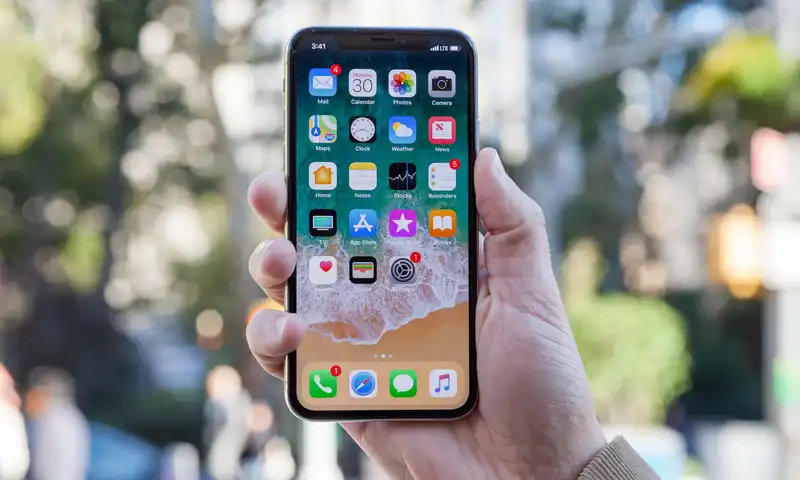Today Apple added a number of its devices to its list of "vintage" products These include the iPhone X, the original HomePod smart speaker, and the original AirPods
The Vintage and Old Products list is a living document that updates products that Apple no longer supports; MacRumors has discovered that products that are between five and seven years old, since Apple stopped selling the devices, are classified as vintage products
The three products can be sent to Apple Stores or Apple Authorized Service Providers for repair, but those still using them will only have two more years of support before Apple discontinues support That is if parts are available at this point
After seven years, Apple will reclassify the product from vintage to obsolete A product is considered obsolete seven years after Apple stops selling the device At that point, Apple stores and the company's service providers will no longer offer repairs or other services related to that technology
I still consider anything from the 80s (or is it now the 90s?) to be long past vintage, but technology is advancing faster than that
The iPhone X was announced in September 2017 and released for purchase in November 2017 iPhone X celebrates the 10th anniversary of the iPhone and makes many changes to the iconic phone that have carried over into subsequent versions
The bezel around the screen began to shrink, the home button disappeared, and it became the first iPhone to feature FaceID instead of Touch ID Equipped with the A11 chipset, this iPhone also introduced animoji, the only reason I needed to upgrade for my son
The same year the iPhone X was released, Apple introduced the HomePod smart speaker, which did not launch until February 2018; designed to integrate with Apple Music and AirPlay, it was an impressive sounding speaker But Apple's first smart speaker lagged behind Google and Amazon, Siri struggled with smart home tasks, and it only controlled Apple Music, not other servicesHomePod 2 and HomePod Mini have solved these problems solved some of them and perhaps put a pin in HomePod's longevity
Finally, the original AirPods were introduced in December 2016; the AirPods were the first truly wireless earphones The iPhone 7 also "courageously" eliminated the port for AirPods, signaling the end of the iPhone headphone jack
The AirPods were not without influence, even if the originals were superseded by later products Even rivals like Samsung have begun to imitate the AirPods' design
Someday, surely, you will tell your grandchildren about these devices and they will have good memories of taking them out of their boxes in the attic, even though they should have been recycled decades ago










Comments